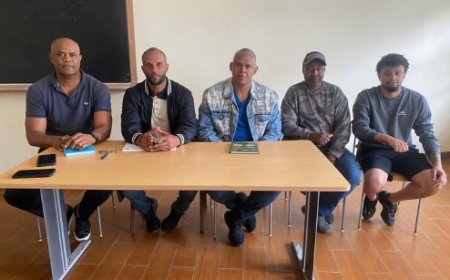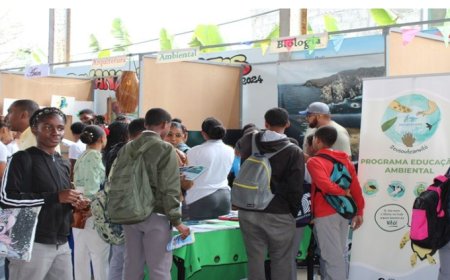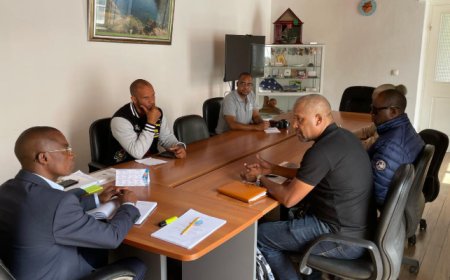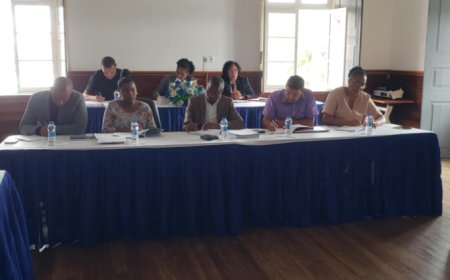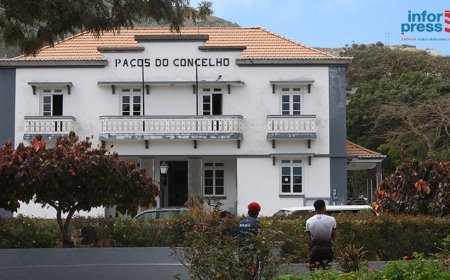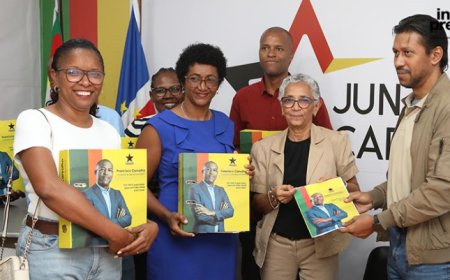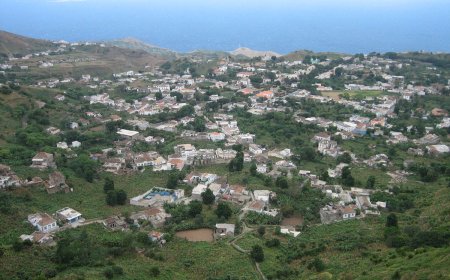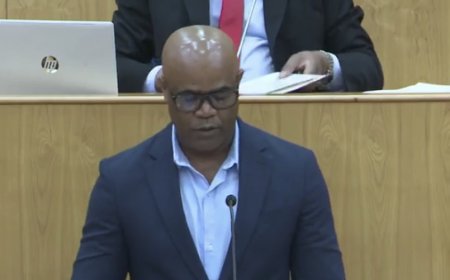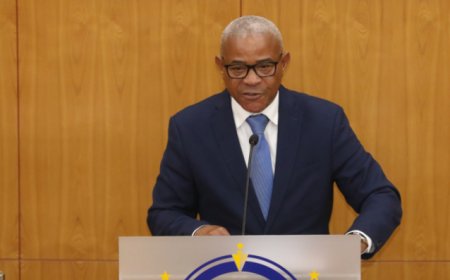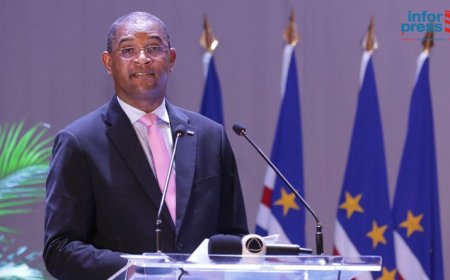Everything is ready for Sunday's elections – guarantee the electoral authorities
A total of 337,083 registered voters, distributed in 1,386 polling stations throughout the national territory, will elect this Sunday, the 25th, the country's municipal bodies.

A total of 337,083 registered voters, distributed in 1,386 polling stations throughout the national territory, will elect this Sunday, the 25th, the country's municipal bodies.
According to Inforpress, which cites the president of the National Elections Commission, Maria do Rosário Gonçalves, there was an increase of 34,073 new voters compared to the last elections of 2016, corresponding to 11 percent (%).
In the election on Sunday, some innovations were introduced, namely tactile matrices in Braille for blind voters, in order to allow them to vote alone.
On the other hand, all schools and polling stations will be equipped with adequate ramps to facilitate the movement of physically handicapped people.
With the country experiencing a covid-19 pandemic situation, the electoral administration took precautions, providing special equipment, visors and masks for polling station members and hygiene materials for polling stations.
Also according to Inforpress, the CNE also has a “support staff” to ensure the organization of queues and support in the cleaning of polling stations.
Taking into account the pandemic situation, and to guarantee people's safety, the CNE decided that each polling station will have a maximum of 300 voters.
According to the General Directorate of Support for the Electoral Process (DGAPE), everything is ready for the elections this Sunday, 25.
"All materials have already been forwarded to the respective municipalities", assured the same source to Inforpress.
With regard to ballot papers, according to DGAPE, a total of 793,190 ballot papers were printed, 396,595 for the City Council and 396,595 for the Municipal Assembly.
To allow the visually impaired to vote without third-party support, a total of 2,660 matrices of ballot papers in Braille were produced.
There are 1,386 polling stations spread across the country, each with four tellers, making up 5,544 polling staff and 2,772 alternates.
According to DGAPE, 950 adaptable screens were produced and these, according to the same source, their placement in a given polling station will depend on the CNE delegate.
The polling stations operate uninterruptedly from 07:00 to 18:00.
These municipal elections have a total of 65 candidacies, 12 promoted by groups of independent citizens and 53 proposed by political parties.
The first municipal elections in Cape Verde were held on December 15, 1991. Two political parties (Movement for Democracy-MpD and the African Party for the Independence of Cape Verde-PAICV) and 14 independent groups competed. It is the largest participation of independents in a municipal election in Cape Verde.
Four groups of independents won the autarkic ones at the time, namely: The Movement for the Renovation of S. Vicente (MPRSV), headed by Onsimo Silveira; the Grupo Pró Sal (PRO-S), led by José Azevedo; the Independent Group for the Development of Paul (GIDP), headed by Alcídio Tavares and the Alternative Group for the Development of Maio (GAPDM), commanded by Amílcar Andrade.
At that time, 173,953 voters were registered in the electoral rolls, writes Inforpress.






